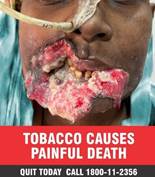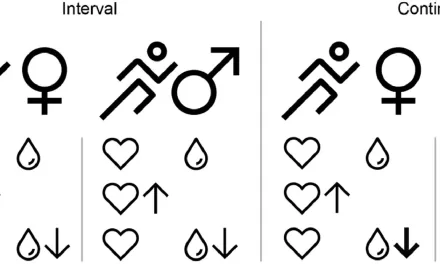August 26, 2024 – New Delhi: Mpox (formerly known as monkeypox) has once again surged into the global spotlight, with a recent report from The Lancet warning that the ongoing 2024 outbreak is impacting a much broader demographic than previous outbreaks. The report highlights that, unlike the 2022 outbreak, which was largely confined to specific groups, the current wave is affecting men, women, and children across the globe.
The Democratic Republic of the Congo (DRC) has emerged as the epicenter of this outbreak, with the virus’s spread beyond Africa prompting international concern. The Lancet report has identified the emergence of a new clade, Clade 1b, which is responsible for the higher transmissibility and potentially more severe clinical outcomes observed during this outbreak.
“Health authorities are scrambling to contain the virus amid limited vaccine supplies, inadequate testing, and the need to balance responses to multiple public health threats,” the report noted.
The World Health Organization (WHO) responded to the escalating situation by declaring Mpox a Public Health Emergency of International Concern (PHEIC) on August 14. Simultaneously, the Africa Centres for Disease Control and Prevention (Africa CDC) declared it a Public Health Emergency of Continental Security (PHECS), emphasizing the gravity of the situation across the continent.
In its latest epidemic intelligence report, the Africa CDC disclosed that 18,737 Mpox cases have been recorded across 12 African countries since the beginning of the year, with 3,101 confirmed cases and 15,636 suspected cases. The outbreak has tragically resulted in 541 deaths so far. These figures mark a significant increase from the 14,838 cases recorded in 2023, of which 1,665 were confirmed, leading to 738 confirmed deaths across seven African countries.
A particularly concerning aspect of this outbreak is its demographic shift. Unlike the 2022 Mpox outbreak, which predominantly affected men who have sex with men, the 2024 outbreak has spread more widely, impacting a broader population segment. The virus, primarily spreading through direct contact, has now been reported among men, women, and children, raising significant public health concerns.
The situation in the DRC is especially dire, with Mpox cases reported in all 26 provinces. Alarmingly, children younger than 15 years old account for 66 percent of the reported cases and over 82 percent of the deaths in the region.
“Mpox is endemic in our region, and with endemic diseases, exposure is inevitable,” said Merawi Aragaw Tegegne, Acting Head of the Division of Emergency Preparedness and Response at Africa CDC. However, he highlighted the severe lack of testing and surveillance that continues to obscure the full picture of the outbreak.
Dimie Ogoina, Chair of the WHO’s International Health Regulations (IHR) Committee, underscored the significant testing challenges, particularly in the DRC, where less than 30 percent of cases might be tested. This lack of comprehensive data makes it difficult to assess the true scale of the outbreak and implement effective containment measures.
Currently, no Mpox cases have been reported in India, but the government is closely monitoring the situation. Vigilance remains high as the global health community braces for the potential spread of the virus to new regions.
Mpox is a viral disease that causes fevers, headaches, and muscle aches, along with painful boils on the skin. With its increasing global impact and evolving transmission patterns, public health authorities are under pressure to accelerate response efforts and prevent further spread.











